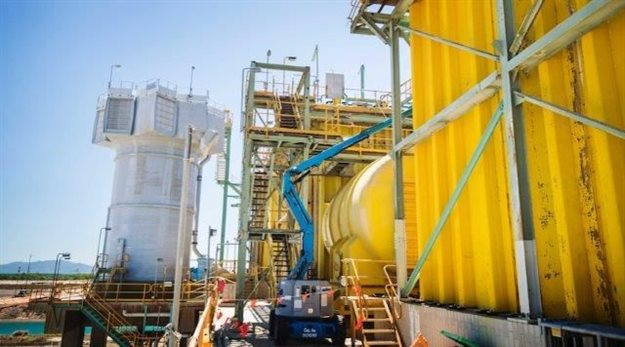
Related
Top stories






More news


Marketing & Media
Ads are coming to AI. Does that really have to be such a bad thing?














“If we intend to rebuild our water and wastewater plants as well as the national rail network, then we need to refine our own zinc locally for galvanised steel,” argues Norton.
“The fact that there is no zinc refinery in South Africa when in 2003 we consumed 145,000 metric tons of refined zinc, not to mention that all our zinc concentrate goes to other countries to be refined and then sold back to us, is patently ludicrous,” highlights Norton. The local uptake of refined zinc has plummeted from 86,000t in 2015 to 47,000t last year.
While South Africa has 20% of the world’s zinc deposits, it no longer refines any zinc following Exxaro closing the Zincor refinery in Springs at the end of 2011. Up to then, South Africa produced 110,000t/y of refined zinc valued at R4.3bn. From 2014 to 2019, it instead imported R15bn worth of refined zinc. In 2020 alone, South Africa imported 47,000 tons of refined zinc, excluding zinc rod and bar, etc.

The IZA Africa Desk has developed an action plan for the proposed new zinc refinery to assist in offsetting costly import costs, pointing out that the Saldanha Bay Industrial Development Zone is the ideal site. “This location is best because it is on the Sishen-Saldanha Bay rail link and has a port, with good infrastructure support from the Western Cape,” explains Norton.
Such a ‘mini’ zinc refinery could produce about 40,000t of refined zinc a year, which can be ramped up to 60,000t a year if need be. The refinery is anticipated to be based on an efficient, low-cost zinc refining process, which is expected to enter research phase this year. The new process is capable of running on minimal external power input, with a target of 50% less power usage than any currently known method of zinc refining.
The proposal prepared by the IZA Africa Desk investigates the feasibility of a small-scale (± 40 ktpa) zinc refinery designed to meet local demand by using locally-produced ores and concentrates specifically from Vedanta’s Gamsberg and/or Orion Prieska operations.